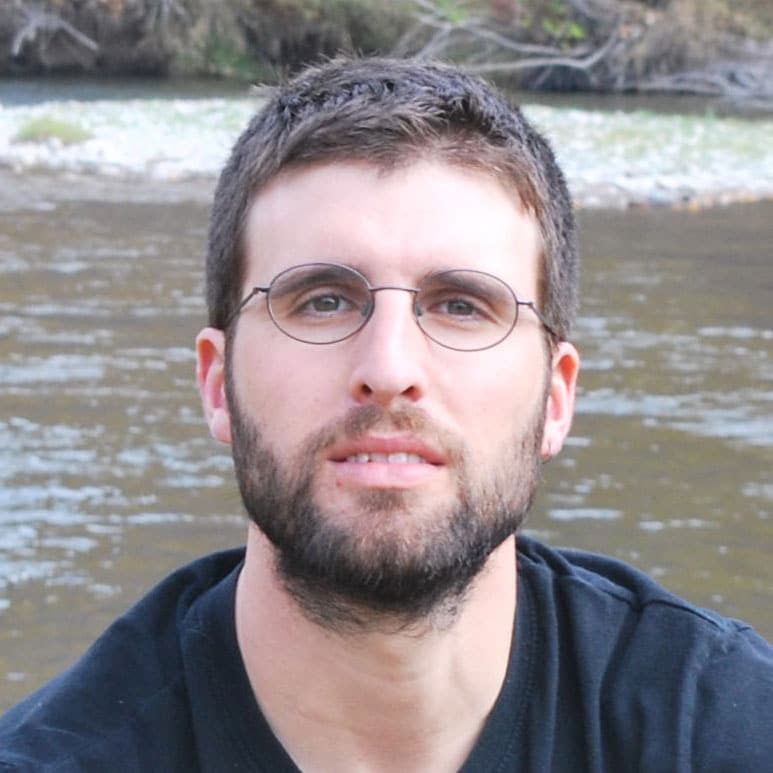
Associate Research Scientist
Principal Investigator, Ecosystem Ecology Group
Contact
mpeipoch@stroudcenter.org
tel. 610–910-0045
970 Spencer Road, Avondale, PA 19311
Interests and Expertise
Marc Peipoch is interested in the effects of nutrient pollution on aquatic biodiversity and nutrient cycling in freshwater ecosystems. His research focuses on the interactions among ecological and biogeochemical processes that drive aquatic ecosystem dynamics, and uses a diverse set of tools including field experiments, water quality sensors, and modeling approaches.
Specific projects that address these research interests include studies of nutrient spiraling in “pristine” and polluted streams, the influence of low-head milldams on water quality, biological nutrient removal within sediment plumes in agricultural streams, restoration of habitat complexity and ecosystem services in river floodplains, algal growth and nutrient uptake in large rivers, and causes and consequences of riverine algal blooms.
Most of his work has been done and continues to be in streams and rivers of the Piedmont region, the Rocky Mountains and Great Plains of Montana, and/or the Mediterranean Basin.
Google Scholar | ResearchGate | Download CV
Education
- Ph.D., aquatic ecology, University of Barcelona, Spain.
- M.S., fundamental ecology, University of Barcelona, Spain.
- B.S., environmental science, University of Girona, Spain.
Professional Experience
- Assistant research scientist, Stroud Water Research Center, 2018–present.
- Professional research associate, Division of Biological Sciences, The University of Montana, Missoula, Montana, 2016–2017.
- Postdoctoral scholar, Division of Biological Sciences, The University of Montana, Missoula, Montana, 2013–2016.
- Visiting scholar, Flathead Lake Biological Station, The University of Montana, Missoula, Montana, 2010–2011.
- Graduate researcher, Center for Advanced Studies of Blanes, Spanish National Research Council, Girona, Spain, 2009–2013.
- Undergraduate research assistant, Institute of Aquatic Ecology, Department of Aquatic Sciences, University of Girona, Spain, 2009.
Publications
Convergence of biofilm successional trajectories initiated during contrasting seasons
A global synthesis of human impacts on the multifunctionality of streams and rivers
Related News
Stream Reach: Building Communities from White Clay Creek to the Yangtze Basin
Don’t Stop Me Now! Studying the Effects of Milldam Removal
Mimicking Mother Nature to Protect Clean Water
ScoutReach Day Camp Empowers Young Stewards for Stronger Communities
Float and Flow in the Brandywine

